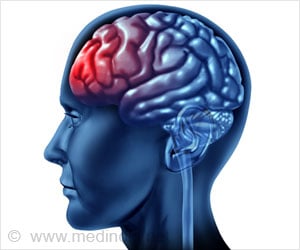Researchers have devised a potential approach to treat the neuromuscular disease spinal muscular atrophy (SMA).
Researchers at Cold Spring Harbor Laboratory (CSHL) and Isis Pharmaceuticals say that they have devised a potential approach to treat the neuromuscular disease spinal muscular atrophy (SMA).
The researchers say that in SMA, a protein deficiency caused by a single gene mutation leads to serious damage in growing nerve cells and the muscles they control.CSHL professor Dr. Adrian Krainer says that his team has devised a way to induce cells to replenish the protein by activating an existing, slightly modified copy of the mutant gene.
The researchers say that SMA, which affects about one out of every 6,000 newborns, occurs when the baby inherits a defective version of a gene called SMN1 from both its mother and father.
Krainer says that the protein that this gene produces performs cellular "housekeeping" activities, so "it’s hard to explain why it matters more in motor neurons" that are afflicted by SMA than in other cells.
Some SMA patients are affected more profoundly than others, in part because a second version of the gene, SMN2, also produces the protein, and makes up for some of the deficit.
"All these patients, although they’re missing a critical gene, have this second gene that in healthy people is not necessary," says Dr. Krainer.
During the study, the researchers injected promising synthetic molecules called antisense oligonucleotides (ASO) into mice that had an added, human version of the SMN2 gene.
Advertisement
The researchers say that before this approach can be tried in patients, several additional issues must be addressed-such as whether the ASOs really benefit growing animals with SMA and how and when they should be administered to affect the nervous system.
Advertisement
The study appears in the American Journal of Human Genetics.
Source-ANI
SRM/N





